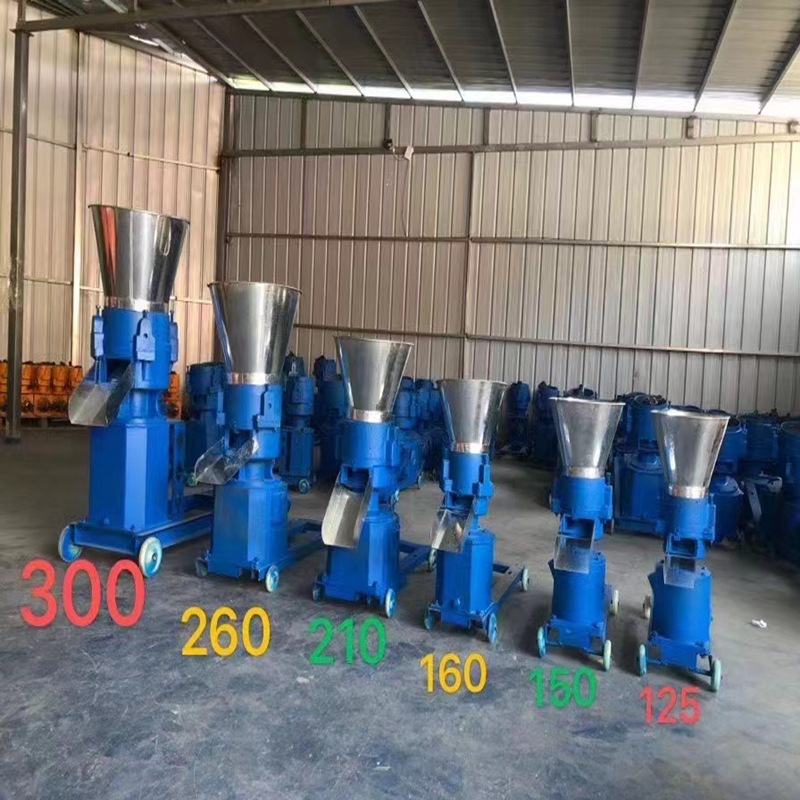chicken feed mixer
Dec . 07, 2024 11:29 Back to list
chicken feed mixer
The Versatility of Chicken Feed Mixers An Essential Tool for Modern Poultry Farming
In the realm of poultry farming, the efficiency and quality of feed can significantly impact the health and productivity of chickens. One of the critical tools in ensuring optimal feed delivery is the chicken feed mixer. This innovative equipment not only streamlines the feeding process but also allows farmers to create customized feed blends tailored to the specific nutritional requirements of their flocks.
The Importance of Feed in Poultry Farming
Feed constitutes the largest expense in poultry production, making it vital for farmers to manage their feeding strategies wisely. Chickens require a balanced diet rich in proteins, vitamins, and minerals for optimal growth and egg production. Inadequate or unbalanced nutrition can lead to health issues, reduced egg yield, and ultimately, financial losses. Therefore, understanding the significance of a high-quality chicken feed mixer is crucial for successful poultry management.
How Chicken Feed Mixers Work
Chicken feed mixers operate by combining various ingredients such as grains, protein supplements, vitamins, and minerals into a homogeneous mixture. Different models of mixers range from small, portable units suitable for backyard farmers to large, industrial mixers designed for commercial operations. Most mixers utilize either vertical or horizontal mixing technology, which promotes uniform distribution of the ingredients, ensuring each chicken receives a balanced diet.
The process typically involves loading the ingredients into the mixer, setting the desired mixing time, and activating the machinery. Advanced mixers come equipped with digital controls, allowing for precise adjustments to achieve the desired consistency and nutritional profile. This automation not only enhances the efficiency of feed preparation but also reduces labor costs for farmers.
chicken feed mixer

Customization and Flexibility
One of the primary advantages of a chicken feed mixer is the ability to customize the feed according to the specific needs of the flock. Different breeds and life stages of chickens require varying nutrient compositions. For instance, broilers and layers have different protein and calcium requirements. With a feed mixer, farmers can easily create targeted feed formulas that address these specific needs, leading to healthier birds and improved production outcomes.
Moreover, during times of feed ingredient scarcity or price fluctuations, farmers can adapt by substituting ingredients and adjusting recipes. This flexibility is invaluable, as it allows for cost-effective feed production without compromising the nutritional quality.
The Environmental Impact
As sustainability becomes an increasingly important consideration in agriculture, the role of chicken feed mixers evolves. By mixing feed on-site, farmers can minimize waste and reduce the carbon footprint associated with transporting pre-mixed feeds. Additionally, the ability to utilize locally sourced ingredients contributes to a more sustainable feed supply chain.
Conclusion
In conclusion, chicken feed mixers represent a crucial innovation in the world of poultry farming. They not only facilitate the efficient preparation of feed but also empower farmers to provide balanced nutrition tailored to their flocks’ specific requirements. As the poultry industry continues to evolve, the adoption of advanced feed mixing technology will be essential in enhancing productivity, sustainability, and overall flock health. For poultry farmers, investing in a reliable chicken feed mixer can yield significant returns by fostering healthier chickens and maximizing production efficiency. Embracing this technology is not just a step towards modernizing poultry operations; it is a commitment to the future of sustainable agriculture.
-
Hot Sale 24 & 18 Door Rabbit Cages - Premium Breeding Solutions
NewsJul.25,2025
-
Automatic Feeding Line System Pan Feeder Nipple Drinker - Anping County Yize Metal Products Co., Ltd.
NewsJul.21,2025
-
Automatic Feeding Line System Pan Feeder Nipple Drinker - Anping County Yize Metal Products Co., Ltd.
NewsJul.21,2025
-
Automatic Feeding Line System - Anping Yize | Precision & Nipple
NewsJul.21,2025
-
Automatic Feeding Line System - Anping Yize | Precision & Nipple
NewsJul.21,2025
-
Automatic Feeding Line System-Anping County Yize Metal Products Co., Ltd.|Efficient Feed Distribution&Customized Animal Farming Solutions
NewsJul.21,2025






